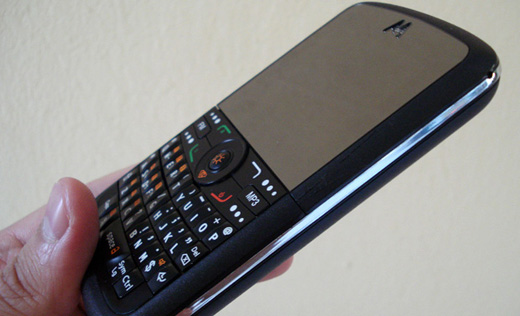Twitter has issued advice on keeping your account secure.
It follows a recent case of the Fox News politics Twitter account being hacked.
Hacking is rare, according to Twitter’s blog, but phishing, when a spam message ask for your password, is relatively common.
Here are some recommendations from Twitter.
- Use a strong password with at least 10 characters and a combination of letters, numbers and other characters for your Twitter account. And use a unique password for each website you use (email, banking, etc.); that way, if one account gets compromised, the rest are safe. A personal email account that is compromised is the second most likely way an intruder gains access to Twitter accounts.
- Use HTTPS for improved security on Twitter. This is the same encryption technology that allows you to safely make payments online. Learn how to do this here.
- We recommend linking your phone to your Twitter account. Doing this could save your account if you lose control of your personal email and/or password. Here’s how to do it.
- If you think your account has been compromised, visit our help page for compromised accounts to find out how to fix it quickly.
For advice on protecting your phone, see Journalism.co.uk’s How not to get your phone hacked blog.

